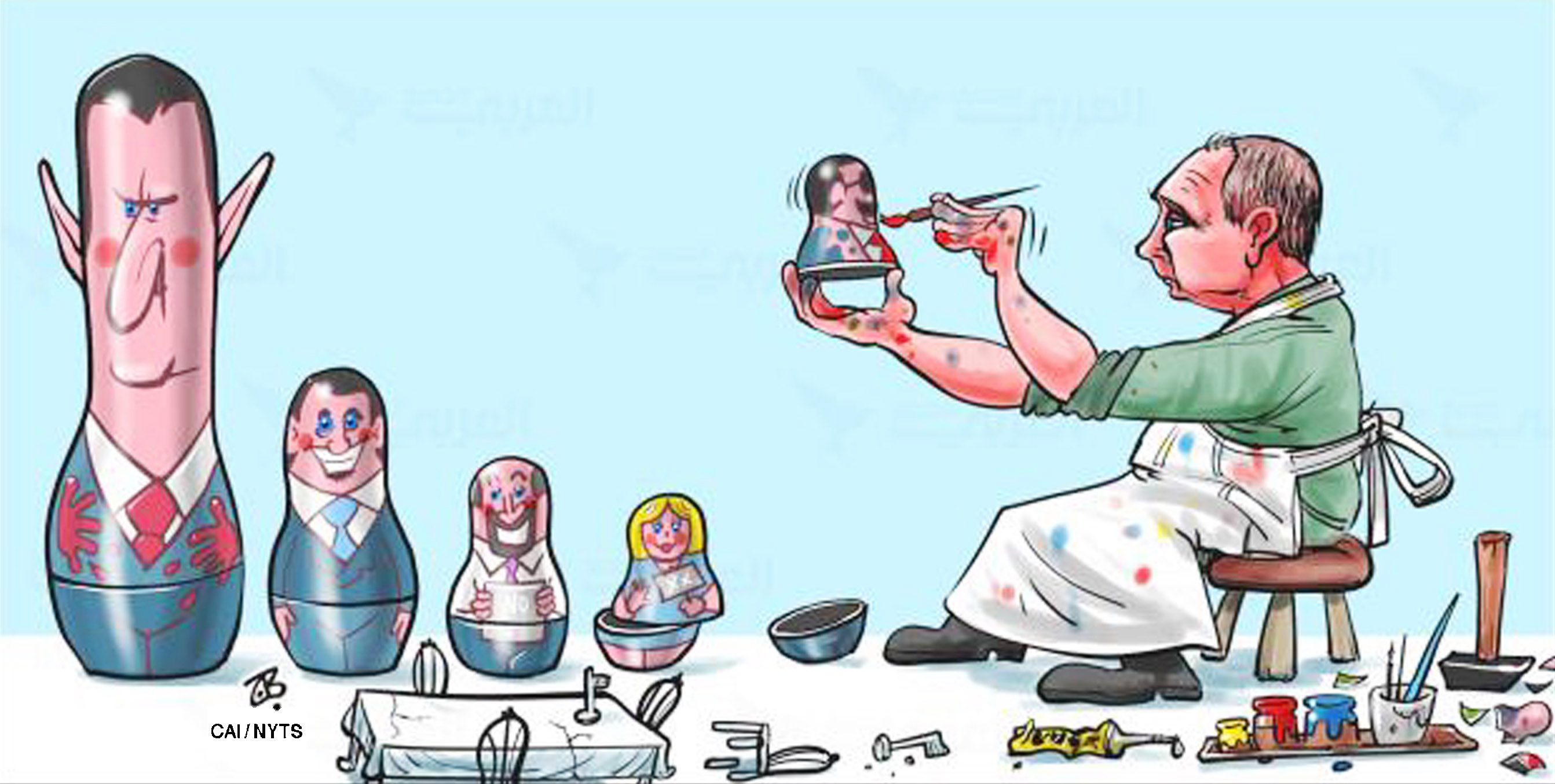The writer Peter Pomerantsev has described Russia as a "post-modern dictatorship." President Vladimir Putin and his friends vividly illustrated that description last Thursday when the famed orchestra of St. Petersburg's Mariinsky Theater played a concert at Palmyra, the archaeological site that Russian-backed Syrian troops liberated from the Islamic State militant group in late March.
Not long before the ruins of this once vast city were retaken, Putin had announced a Russian pullback from Syria, claiming that the military mission had been accomplished. Yet Thursday's concert sent an important message about Russia's intentions in Syria: It showed Putin claiming credit for Assad's recent success, demonstrated to the world that his forces had not really withdrawn and signaled that any peace will be made on Russian terms.
Valery Gergiev, the Mariinsky conductor and a longtime Putin supporter who backed the Russian onslaught in Ukraine in 2014, delivered that foreign policy message just by showing up. He played a similar concert in Tskhinvali, the capital of breakaway South Ossetia, in August 2008 — less than two weeks after the Russian army claimed the region for "the Russian world," as Putin's supporters call it. By playing in a main square damaged by Georgian fire, Gergiev formalized the takeover. It remains a de facto Russian colony, with subsidies from Moscow forming the basis of its economy.



